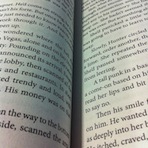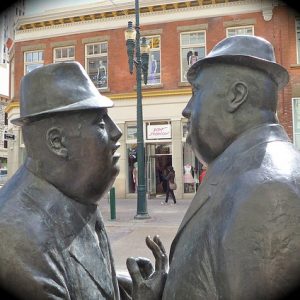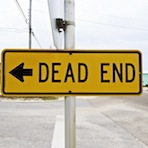Two weekends ago, I attended the Pikes Peak Writers Conference, and I had a chance to not only do a read-and-critique session, but also my infamous Agent Reads the Slush Pile workshop.
Doing these classes always provides fresh insight into why I stop reading a submission. Here are the top culprits so you, too, can start thinking like an agent when you read your opening chapters. If you say yes to any of them, time to dig into a revision!
1) Does your opening chapter begin with action, but then stop abruptly so that your character can sit and think or reminisce? About 50 percent of the pages we tackled did just that.
It’s a passive way to begin a story and means you’ve started in the wrong place.
2) Analyze your opening dialogue, and then the exposition that immediately follows it. Does your telling simply reiterate what was already clear in the dialogue?
3) Do you have a prologue? Is it in a different voice or style from the rest of the novel, or does it take a different direction? Is the prologue just an info dump about the world or backstory youthink the reader needs to know? Decide if it’s really necessary to include a prologue, as most agents will skip to chapter one or will stop reading altogether.
4) Do you repeat a fun element that was absolutely funny the first time around, but when it is repeated, it loses impact?
5) Does your opening chapter include nothing but dialogue? Not anchoring the reader clearly in a physical scene is a key culprit for why agents don’t read on. They have no way to imagine the scene.
6) How much of your opening chapter is in the current scene and how much is backstory? Remember that you, as the writer, need to know your character’s backstory, but the reader doesn’t need to know it right away in order to be pulled into your story.









